Working together for international food security
The food sector in the Netherlands and worldwide is a crucial sector for the food security of the growing world population. The economic interests of the sector are also great, including in the supply chain of the raw materials needed from outside the Netherlands. Good international cooperation is, given the state of the world, more than ever an important condition for food security. Ensuring fair working conditions in the food chain plays an essential role in this.
TIP: USE THE YELLOW INDEX TO NAVIGATE QUICKLY
From mangoes to green beans to cashews. The shelves of our supermarkets would become quite empty without all the vegetables and nuts from Africa. And completely without all the products with ingredients made from palm oil and sugar cane.
So food security does not stop at the border. The reverse is also true: Senegal, for example, has been the largest importer of Dutch onions for years.
In the Netherlands, it is increasingly difficult for companies in the horticultural sector to find sufficient manpower. In West Africa, on the other hand, agriculture is an important source of employment. There, unemployment is sky-high, especially among young people.
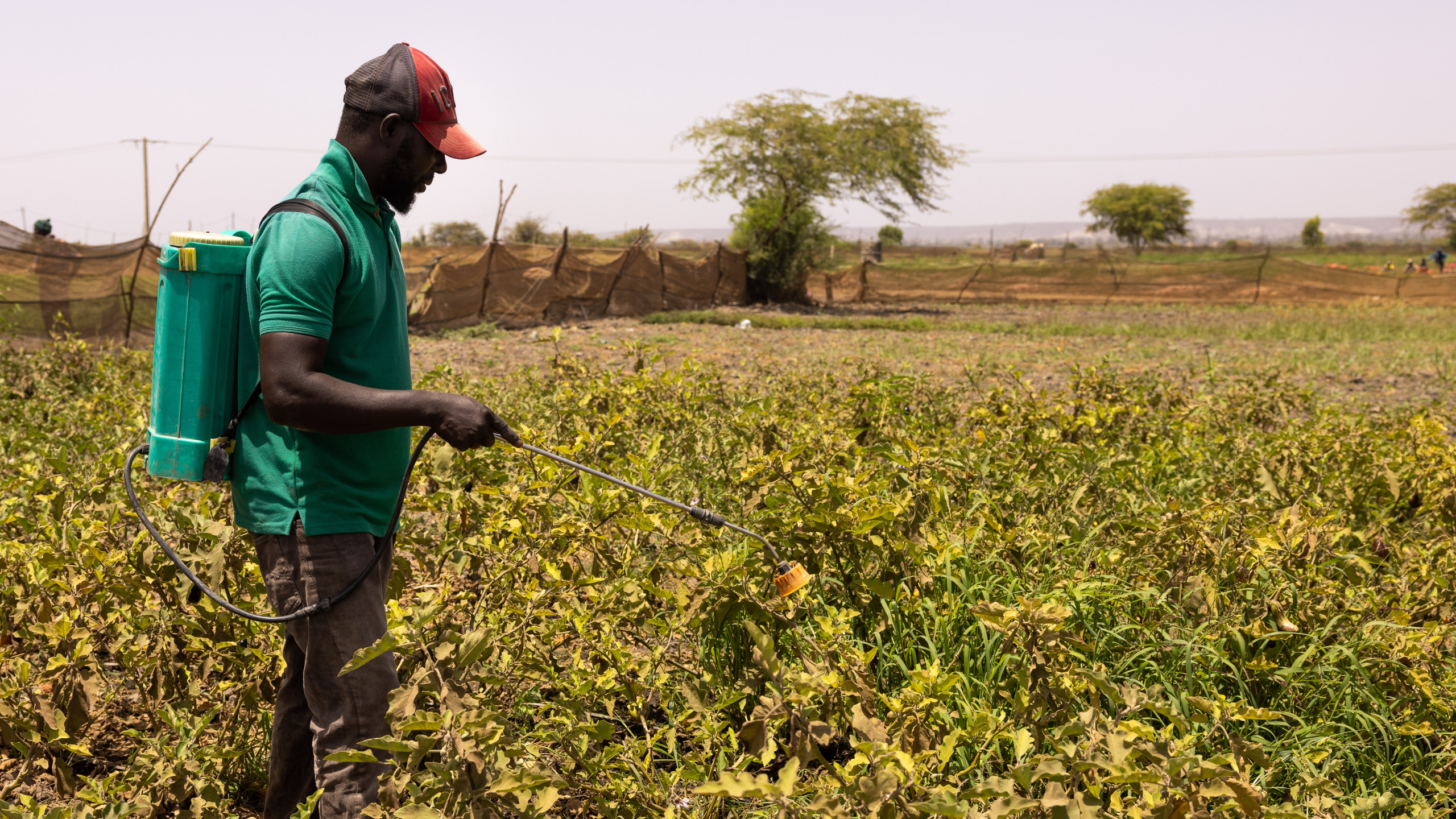
Poor, unsafe and unhealthy working conditions outside Europe create unfair competition with Dutch products.
Why are poor working conditions a problem for food safety?
Economic development and fair work go hand in hand. If fundamental labor rights are not respected, it means that economic development in producing countries also lags behind.
In development goal 8, fair work and sustainable economic growth, countries have agreed to remain committed to this economic development.
This is good for the people working in the fields. And, this is also good for the Netherlands. Through economic development, for example, we provide larger markets for Dutch seed companies like Rijk Zwaan.
Unfair competition
Poor working conditions outside Europe create unfair competition with Dutch products. After all, we rightly demand that these are made under good working conditions. This is another reason to ensure that labor standards abroad are raised.
The absence of labor contracts in African agriculture, for example, means that Dutch buyers are less able to meet their reporting obligations. After all, it means they cannot demonstrate that they are paying fair wages to the people working in their value chain.
What are the challenges in the food chain?
The problems in the horticulture sector- as well as in the palm oil, sugarcane and cashew sectors-are diverse:
- low wages
- unsafe working conditions
- inequality
- lack of legal protection
- exploitation
- no permanent employment
Many workers work in vulnerable, informal positions. This makes it especially difficult for them to organize in a union and advocate for their interests themselves.
- outcomes research horticulture sector Senegal
- horticulture theme page
- watch webinar horticulture Senegal
The work in horticulture and certainly on palm oil and sugar plantations is physically demanding and furthermore, pesticides are used. This work therefore requires good protective equipment and safety measures for the workers.
After all, global food security should not come at the expense of the most basic human rights such as health, safety and a livable income.
In the Netherlands, much is regulated in this area. Moreover, there is a lot of knowledge and experience. This is important, both for the safety of workers, and for the environment, but certainly also for our food safety.
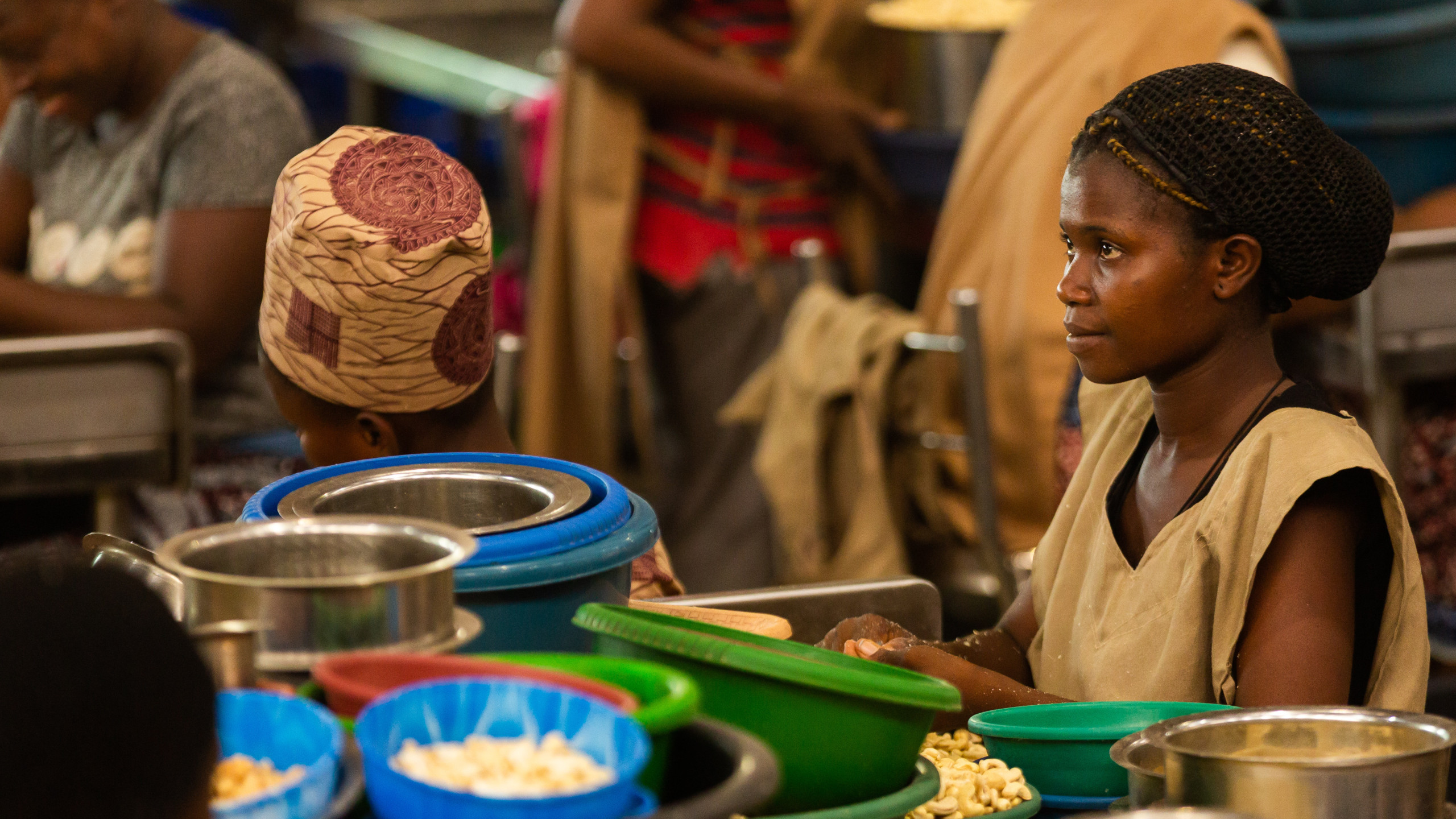
Many women and youth work in the sector, but their position is precarious
What needs to be done?
Precarious working conditions not only lead to human rights violations far away, but also have a direct impact on the stability of our food production here.
Those who work but do not receive a living wage, or those who work under poor conditions, simply cannot continue to produce well. This puts further pressure on security of supply.
The International Labor Organization (ILO) has extensively studied the relationship between poor work, low wages and labor productivity. It shows that low wages and hazardous or poor work undermine productivity.
Investment in better working conditions is therefore important for sustainable economic growth. This can be effectively promoted by strong trade unions.
Implementation support in the early stages
More knowledge is needed about the effects of European corporate social responsibility legislation in producing countries. A number of large Dutch agricultural companies and food importers fall under the new European IMVO regulations: the Corporate Sustainability Due Diligence Directive (CSDD).
Dutch companies have a competitive advantage in this regard because they are often already familiar with the principles of this law.
This directive aims to make chains (socially) sustainable. However, proper implementation requires support in the initial phase, both for companies here and for companies and employee representatives there.
This prevents a chaotic start that would put pressure on international chains. Dutch companies would thereby risk losing their competitive advantage.
It is therefore necessary to create conditions for cooperation across sectors.
Dutch diamond
By promoting cooperation between companies, unions and civil society organizations in the Dutch Diamond, we ensure that the Netherlands maintains its competitive advantage.
Not for nothing is the Social and Economic Council now developing a future model for sectoral cooperation in which partners learn from each other and jointly make greater impact in the chain. The Dutch government should encourage this further.
Level playing field and clarity thanks to new international guidelines for businesses
Internationally, there are the OECD's OECD guidelines on corporate responsibility (CSR). The EU's new CSRD and CSDD guidelines "are based on these, The advantage is that these guidelines provide a level playing field from which everyone can benefit.
- The CSRD requires organizations to report on their impact on people and the environment and
- The CSDDD ensures that organizations will actually take action to counter the negative impact.
Reward
For companies, this provides clarity. Both environmentally and socially, companies are expected to act with care and responsibility when it comes to environmental and human rights issues. Some companies already have experience on this front. They benefit from a head start. Others are still looking for how to make this concrete in their supply chain.
Reducing and preventing labor rights violations requires all actors in the supply chain. Fortunately, this is something that is already being worked on. CNV Internationaal also has experience with this.
The cost of reducing and preventing labor rights violations must be included in the overall supply chain. The market must become "preferential.
Companies that work to improve should be rewarded for doing so.
Collaborating on solutions
The role of CNV Internationaal
Recent research by CNV-International shows that eighty percent of agricultural workers in Senegal lack a social safety net. The people who work in the fields ensuring that green beans and onions will soon be on Dutch shelves often do not have employment contracts.
They are day laborers. For them, it is uncertain every day whether they have work and make money, or not.
To improve this risky situation, CNV Internationaal works with companies, the government and the workers to organize the sector and ensure fair labor contracts.
Opportunities and challenges for horticulture in Senegal - the deployment of CNV Internationaal
Chain approach
Also in the palm oil industry in Indonesia, CNV Internationaal is working to improve working conditions. There, too, the work is often unhealthy and unsafe. And wages are far too low to live on.
By cooperating internationally within the Round Table for Responsible Palm Oil (RSPO), we are contributing to certifications that not only respect the environment but also give European companies greater certainty that the palm oil they use was produced under good conditions.
Experience
Trade unions in the Netherlands have experience in working with companies and governments to address labour issues and work towards solutions. CNV Internationaal does the same at the international level.
We are committed to improving the situation of workers and to international corporate responsibility. We are active in the production chains of horticulture and of palm oil and sugar cane, among others.
We do this through a chain approach. In doing so, we work closely with local trade union partners who have a constructive attitude just like CNV Internationaal. They know the local situation and have a great deal of experience in working for vulnerable groups of workers, especially women and young starters in the labor market.
Win-win
Through our experience in sectors ranging from palm oil to sugar cane and from textiles to mining, and through our contacts in Asia, Africa and Latin America, we can also help Dutch companies meet the requirements of the CSDD.
Through social dialogue, we bring stakeholders together to make agreements on improving working conditions and fair wages.
Good working conditions improve productivity and ensure peace and well-being at work.
This is a step-by-step process of working together on improvements. If we face these challenges together, we seize the opportunities for a win-win approach. In the end, everyone benefits.
Want to know more about the food chains in which we operate ?
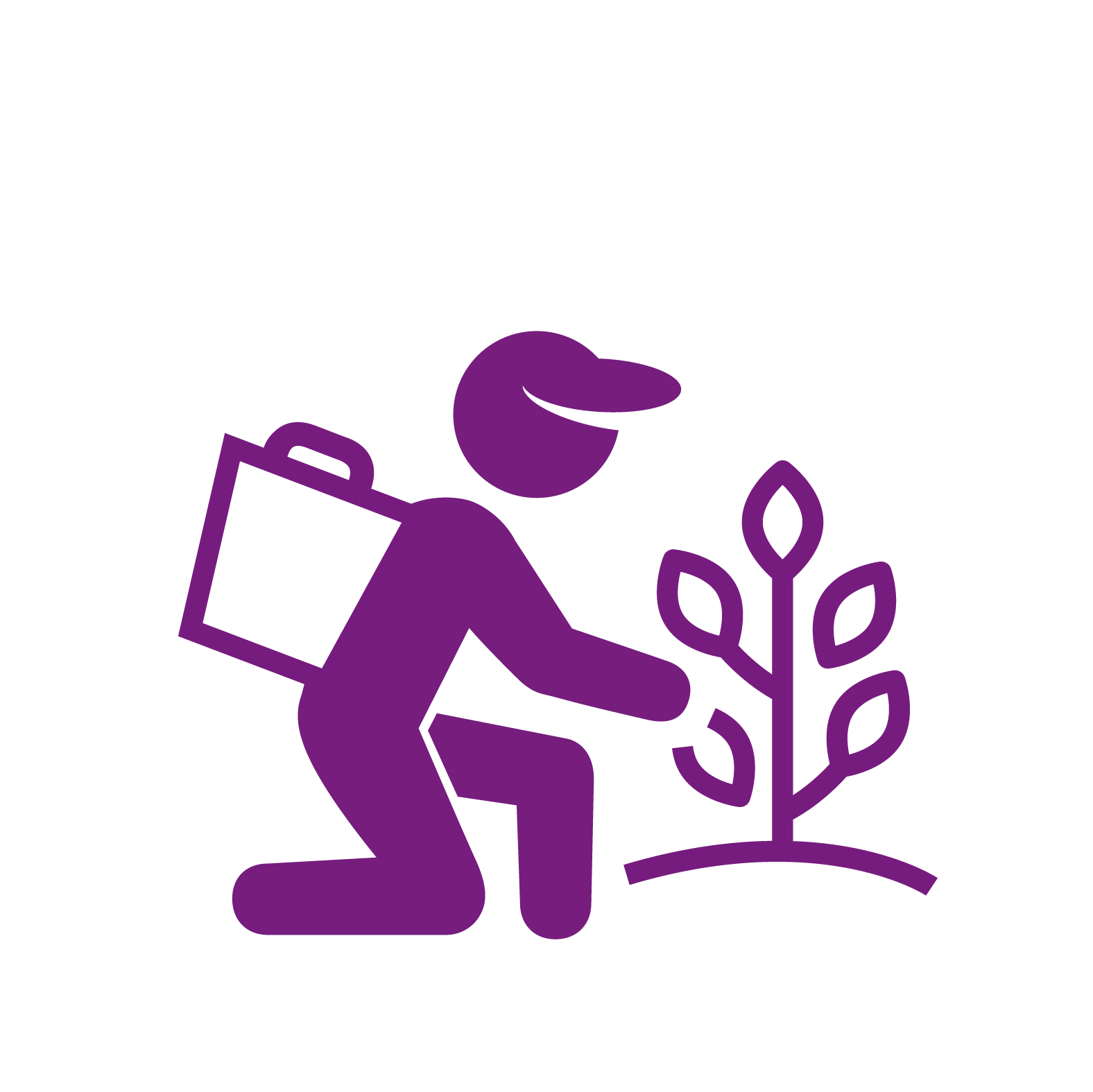
Interested in working together?
Contact us at international@cnv.nl
automatic translation